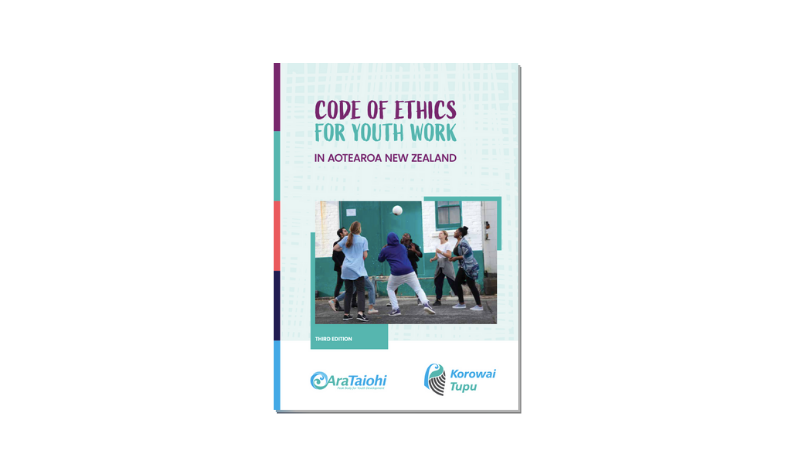THE CODE OF ETHICS
Te Ao (Taiohi) | Insights
Please find an Insight to support further understanding of these clauses
Please find an Insight to support further understanding of these clauses
You notice a couple of young people in your group have started telling racist jokes.
“I don’t think the situation is very uncommon. It does happen a lot. I think when you are in a group setting, people put up with it and it becomes normalised.” – Young person, 17
This scenario will impact people from ethnic communities differently, and is impacted by whether they are former refugees, migrants or third-culture migrant youth.
Former refugees are constantly being asked to be thankful for finding a home and a country that is safe, always planting the belief that everything here is better. When racist jokes are being told about their religion, race or skin colour, their immediate response is to want to be more like the dominant culture and let go of who they are. This results in an identity crisis and can push the family to be stricter on implementing religious and cultural values, thus making it more difficult for the young person to navigate.
As a migrant myself, I have had to navigate high school and university in the United States, and postgrad here in Aotearoa not so long ago. I have always found myself caught in the middle between wanting to call out these racist jokes but confronted with the fact that I will be losing people in my friend circles every time I would. It takes a lot of resilience and confidence to be able to break free from these fears and constraints.
Third culture migrant youth are young people who grew up immersed in kiwi culture and have to explain this new world to their parents and wider family. We live in a culture that unfortunately encourages the concept of the melting pot and not one that celebrates diversity. These young people are laughed at for bringing traditional food to schools and end up opting for McDonald’s, KFC and the like. Some embrace their cultural identity and are also proud to be kiwi, while some choose to be only kiwi to avoid bullying, the racist jokes, etc.
Reflective questions:

Our behaviour is guided by our ethics and our ethics are based in our values.
The Code of Ethics provides an agreed set of guidelines for youth work in Aotearoa to ensure that youth work is carried out in a safe, skilled, ethical manner.